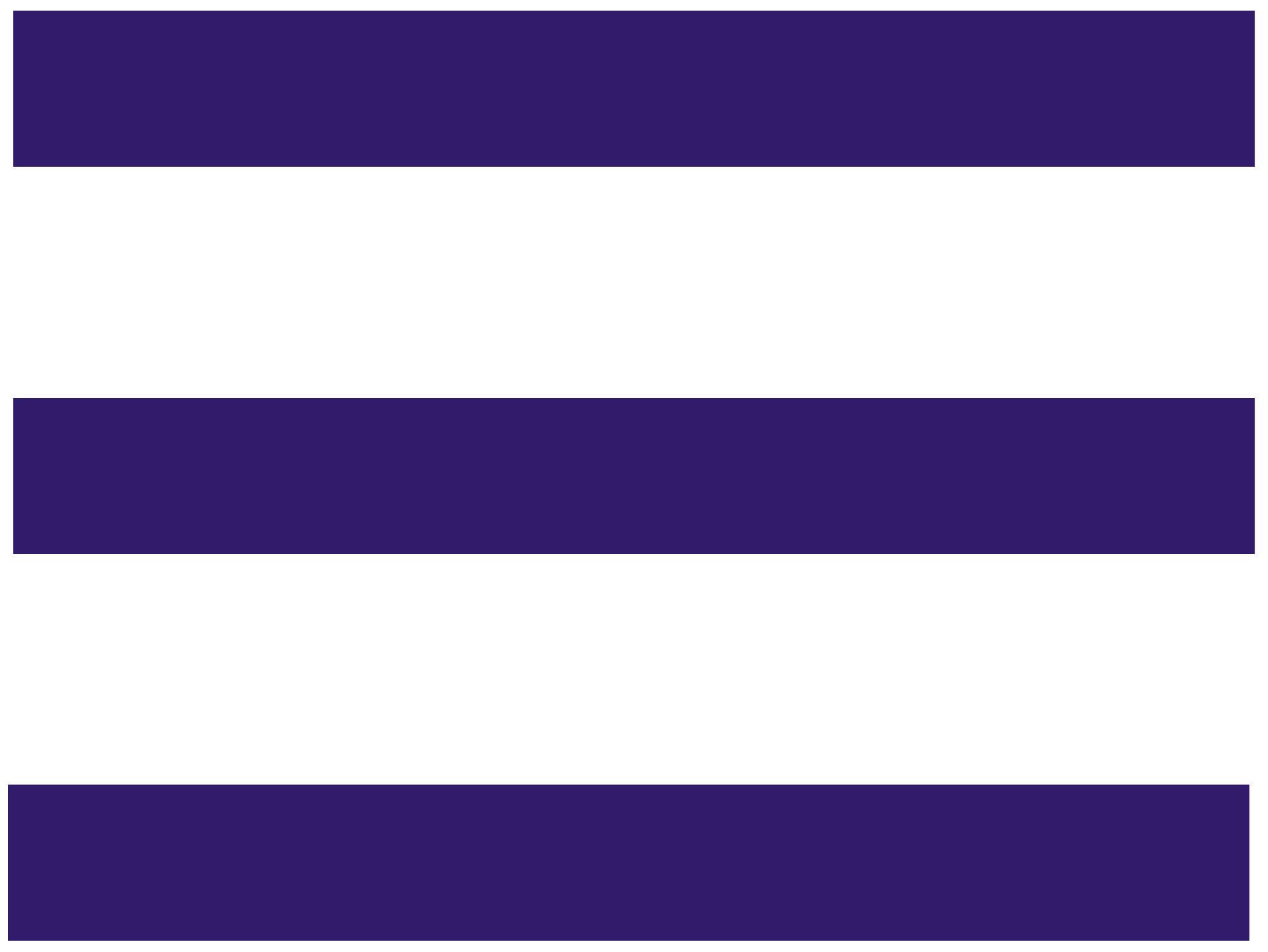 Right before joining the Curve foundation, I was lucky enough to work as the Effective Philanthropy Group’s (EPG) fellow at the Hewlett Foundation. In that role, I learned by doing. I learned the business of philanthropy, made grants, and had frank conversations with people much older and more established than me. I was given room to make mistakes, but respected as an authentic voice and leader in my own right.
Right before joining the Curve foundation, I was lucky enough to work as the Effective Philanthropy Group’s (EPG) fellow at the Hewlett Foundation. In that role, I learned by doing. I learned the business of philanthropy, made grants, and had frank conversations with people much older and more established than me. I was given room to make mistakes, but respected as an authentic voice and leader in my own right.
How often do we get the opportunity to stretch beyond our self-doubt, with only lessons learned as the consequence? I think this was the greatest reward of my time at Hewlett – the opportunity to try, and learn, with the support of an incredible group of “real grown-ups” to guide me in my moments of uncertainty. I believe deeply in these kinds of relationships because I have seen what they can do. Connecting around experiences of vulnerability and learning can often supersede the limits we place on ourselves.
I joined EPG, in part, because it was led by a lesbian. I was determined to learn philanthropy from someone in my community. At the same time, I was the only black person on my team, and I worried when taking the job that I would feel isolated. At times, I did. But, more often than not, I found myself in a community that was committed to my growth and success. I was unconditionally supported, not just by my team but by a cohort of other emerging leaders of color, also serving as fellows.
Inspired by these experiences, I arrived at the Curve foundation. I’ve seen what investing in mentorship, building genuine connections, and resourcing BIPOC leaders can do. I hope to carry these principles with me as we begin our programming with the first cohort of Curve Award winners. We are so looking forward to meeting the group next month, and I can’t wait to share what we learn about connections and our community.
In the meantime, we’ve asked Curve magazine’s former Editor-in-Chief Merryn Johns to reflect on her time as a mentor and editor for this month’s blog. Under Merryn’s tenure, we saw early work from lesbian and queer writers that would go on to do incredible things (like Jillian Eugenios – I’d recommend her recent article on the first bisexual Batwoman if you’re unfamiliar).
Merryn sat down with Lyndsay D’Arcangelo, award-winning author and columnist, to discuss their time together at Curve magazine. I found their conversation incredibly moving, and encourage you to read it here.



